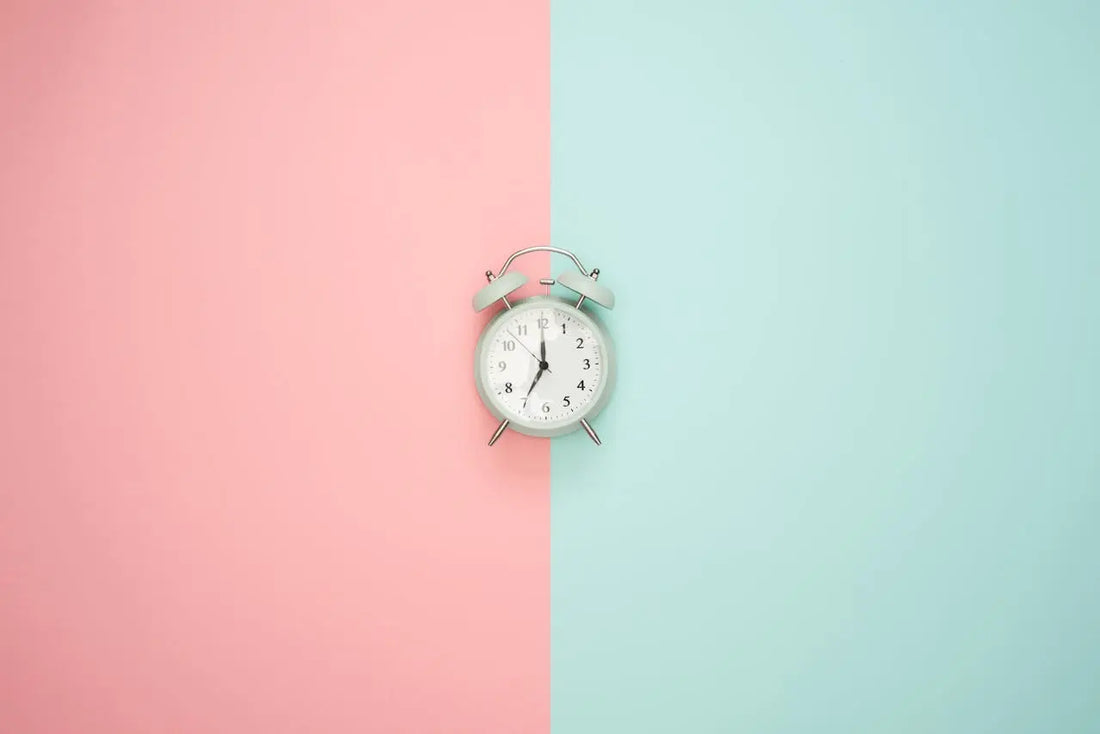Aging is an inevitable process that everyone experiences, but did you know that there are different ways to measure it?
Chronological age, the number of years you've been alive, is just one part of the story. More importantly, biological age can give us a deeper insight into how our bodies are truly aging.
This post will delve into the differences between chronological and biological age, how biological age is determined, and what you can do to slow or even reverse the aging process biologically.
Chronological Age vs. Biological Age
Chronological Age is straightforward—it's the count of years since your birth. It’s a linear measure that doesn't account for the unique health conditions, lifestyle choices, and genetic factors that affect each individual differently.
Biological Age, on the other hand, refers to how old your body seems based on various biomarkers. It considers how well your body is functioning compared to others at the same chronological age. Biological age can be influenced by genetics, lifestyle choices, diet, exercise, and environmental exposures.
Determining Biological Age
Unlike chronological age, determining biological age involves assessing various physiological and molecular parameters. Here are some of the most common methods used:
- Telomere Length: Telomeres are protective caps at the ends of chromosomes that shorten as cells divide. Shorter telomeres are associated with aging and a higher risk of age-related diseases. Measuring telomere length can provide insights into cellular aging.
- Epigenetic Clocks: These are based on DNA methylation patterns that change as we age. The Horvath Clock and Hannum Clock are examples of epigenetic clocks used to estimate biological age.
- Biomarkers and Blood Tests: Levels of certain biomarkers in the blood, such as glucose, cholesterol, and inflammation markers like C-reactive protein, can give clues about biological age.
- Physical and Functional Assessments: Tests that measure muscle strength, aerobic capacity, and cognitive function can also be used to estimate biological age.
Slowing or Reversing Biological Aging
While we can't stop the passage of time, there are several strategies to slow or potentially reverse biological aging:
- Healthy Diet: Eating a balanced diet rich in antioxidants, healthy fats, lean proteins, and whole grains can reduce inflammation and oxidative stress, key factors in aging. Incorporating anti-aging foods such as berries, nuts, green leafy vegetables, and fatty fish can be beneficial.
- Regular Exercise: Physical activity improves cardiovascular health, builds muscle, enhances flexibility, and boosts mood. Both aerobic exercises like running and anaerobic exercises like weight lifting are crucial for maintaining a youthful biological age.
- Adequate Sleep: Quality sleep is essential for cellular repair and overall health. Aim for 7-9 hours of sleep per night to help your body recover and regenerate.
- Stress Management: Chronic stress accelerates aging by increasing inflammation and hormonal imbalances. Techniques such as meditation, yoga, and mindfulness can reduce stress and its impact on biological aging.
- Avoiding Harmful Habits: Smoking, excessive alcohol consumption, and drug use can accelerate biological aging. Quitting these habits can have immediate and long-term health benefits.
- Supplements and Medications: Certain supplements like omega-3 fatty acids, vitamin D, and Coenzyme Q10 have been shown to have anti-aging properties. Additionally, some medications like metformin and rapamycin are being studied for their potential to slow aging.
- Regular Health Check-ups: Monitoring your health with regular check-ups can help catch and manage potential age-related issues early on.
Conclusion
Understanding biological age offers a more nuanced view of aging, emphasizing the importance of lifestyle and health over simply counting the years. By adopting healthy habits and making informed choices, you can positively influence your biological age, enhancing your quality of life and longevity.
Remember, it’s not just about adding years to your life, but life to your years.

